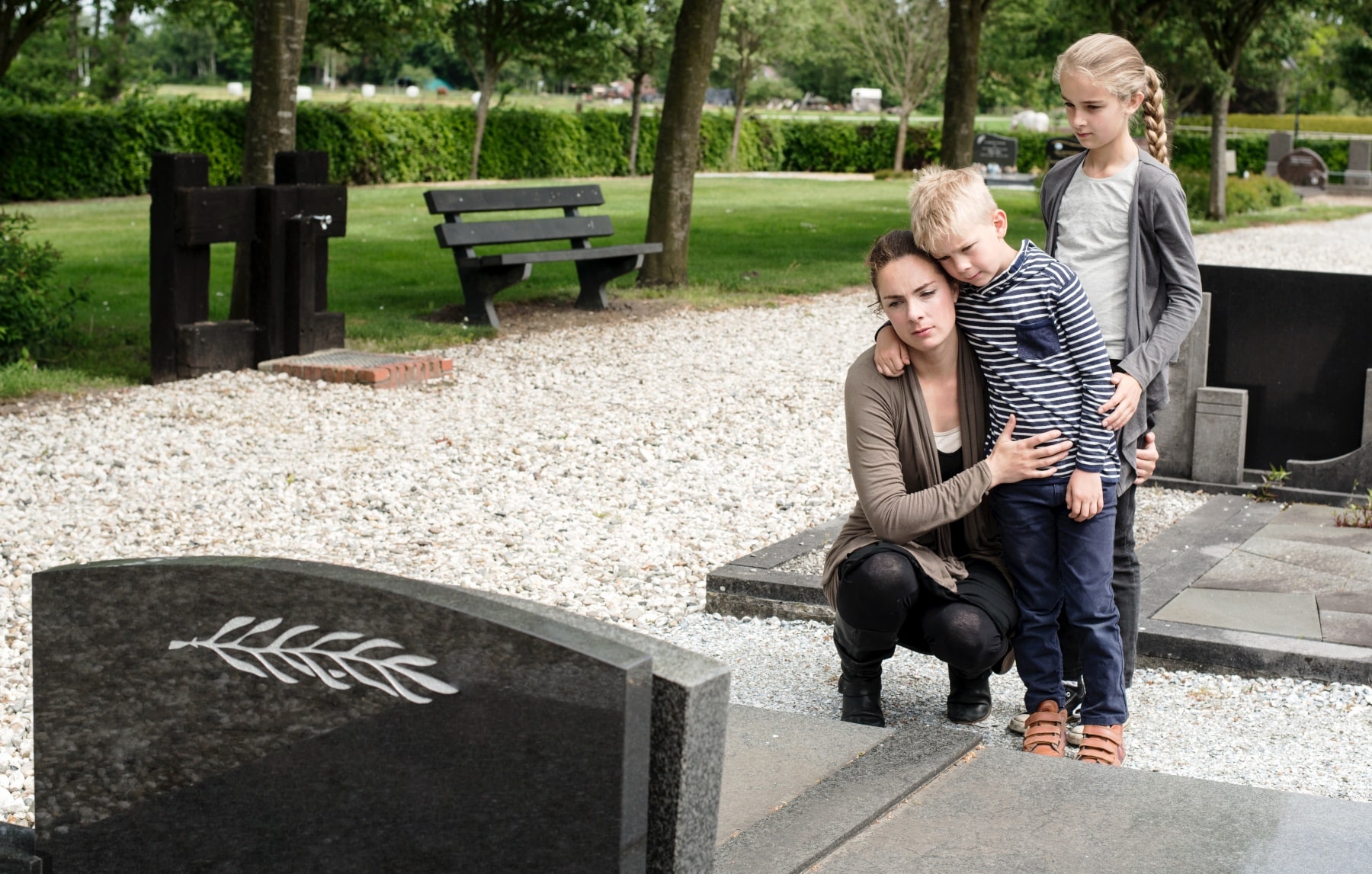What is the 2025-2026 Cost of Living Adjustment in Washington State Workers' Compensation? Washington State’s Department of Labor & Industries…
Can Injured Workers Post IME Exam Recordings to Social Media?

This case has been updated. Get the most up-to-date information by clicking the button below:
Someday soon, but not quite yet. In a legal challenge filed by Washington Law Center, the statutory prohibition against posting IME exam audio or video recording to social media has been struck down as unconstitutional under both the Washington State and United States Constitutions. However, the order striking it down is stayed pending review by the Washington State Supreme Court. Accordingly, injured workers may soon be able to post to social media without fear of state retaliation. See, Ten Injured Workers v. State of Washington, King County Cause No. 23-2-13455-9 KNT.
Background: Substitute House Bill 1068 was passed into law by the 68th Legislature during its 2023 Regular Session. The votes were 67 to 29 in favor in the House and 31 to 16 in favor in the Senate. The legislation was then signed by Governor Jay Inslee and later became effective on July 23, 2023. The legislation provided for the first time in Washington’s history that injured workers would have a right to audio and/or video record their IME examinations, RCW 51.36.070(4)(a), should they provide prior notice at least seven calendar days before their IME examination, RCW 51.36.070(4)(b). However, the legislation also provided a restriction that “the worker may not post the recording to social media” per RCW 51.36.070(4)(g). A violation of that restriction could then potentially be fined up to $1,000.00 pursuant to RCW 51.48.080.
Washington Law Center filed suit to enjoin RCW 51.36.070(4)(g) in King County Superior Court on July 21, 2023. The State of Washington responded in defense on August 7, 2023. The State of Washington then filed a motion for summary judgment on September 22, 2023, arguing that the prohibition disallowing injured workers to publish their IME recordings to social media is a constitutional action of the State as a matter of law. The State’s motion was set for oral argument that then took place on October 27, 2023 and was heard by the Honorable, King County Superior Court Judge, Joe Campagna.
Attorneys Spencer Parr and Scott Goodrich of Washington Law Center first theorized the urgent need for this suit. They then organized and recruited the Ten Injured Workers who would be the Plaintiffs. All of the Plaintiff injured workers had recently been scheduled for IME exams or CR 35 exams and were selected for their case facts from among Washington Law Center’s existing L&I clients. Attorney Scott Goodrich then perfected and filed the Plaintiff’s complaint and thereafter bore all trial briefing responsibilities. Assistant Attorneys General, Anastasia Sandstrom and William Henry represented the State of Washington. Attorneys Goodrich and Sandstrom presented oral arguments to Judge Campagna on October 27, 2023.
The State of Washington in its filings and oral arguments asserted that RCW 51.36.070(4)(g) regulates only conduct, not expression, so it is not unconstitutional under either the Washington State or United States Constitution. The State of Washington likened its contested regulation to a constitutional time, place and manner restriction governing conduct only. According to the State, that conduct is a combination of the two acts of uploading a recording to social media as well as thereby revealing the IME examination process and/or participants. In the alternative, the State of Washington argued that even if the act of posting an IME examination is expressive in nature, i.e. speech or publication, the State has sufficient compelling purposes such that injured workers’ constitutional rights may be at least narrowly restrained.
The State attempted to bolster its argument that it has engaged in narrow tailoring by stating that injured workers may still talk freely about their IME examinations; may post recording-free statements on social media regarding their IME examinations; may give their audio and/or video recordings to the Press for secondary publication; may share their videos with their attorneys; and may use their videos as evidence in court.
Despite all other allowable uses conceded by the State, both Ten Injured Workers and the State of Washington each agreed that should an injured worker violate RCW 51.36.070(4)(g) by posting an IME exam audio and/or video recording to social media, the injured worker would then potentially be fined up to $1,000.00 pursuant to RCW 51.48.080. The Ten Injured Workers and the State of Washington disagreed during oral arguments as to whether such a potential fine would be discretionary or mandatory. Nevertheless, the State conceded that the Department of Labor & Industries would potentially be able to assert its legal authority to fine injured workers for making social media postings that would include their IME exam recordings.
Ten Injured Workers asserted that RCW 51.36.070(4)(g) is clearly in the nature of a prior restraint of Free Speech and Publication rights that are fundamental freedoms under both the United States’ and (even more protective) Washington Constitutions. The Ten Injured Workers argued that audio and video recordings posted to social media provide corroborating evidence and information regarding the nature of IME examinations conducted on behalf of the State of Washington sufficient to convey (or help convey) what can be understood from those videos; that because the messaging conducted or aided by the injured worker’s posting is in reference to the conduct of the State, the worker’s act of posting may often be inherently political; and that the State has neither compelling purposes to restrain injured workers’ social media postings nor narrow tailoring of regulation sufficient to meet constitutional requirements.
Judge Campagna conducted almost an hour of oral arguments. He asked the State of Washington if it could produce case law showing that any other similar targeting of specific individuals (here injured workers) or their social media posting had ever been held constitutional in any other court in the country. The State had no such example to offer. Judge Campagna also asked the State of Washington several other probing questions, such as whether the social media postings of injured workers might be analogous to the contents of signs that an individual is constitutionally allowed to exhibit while conducting a legal political protest; whether there exist analogous examples of legal contents that a person is allowed to possess but never post to social media; and how such a prohibition would apply in alternative settings such as when looking at police body cam footage that might come into the public’s possession? After considering the parties’ respective positions, Judge Campagna ruled against the State of Washington, holding RCW 51.36.070(4)(g) unconstitutional under both State and Federal Constitutions. Judge Campagna expressed grave concern regarding the specter that state authorities might be scrolling injured workers’ social media in an effort to fine them should the law remain in effect.
So, where does the law go from here? The next step in this lawsuit is mandatory review by the Washington Supreme Court. Such review is always conducted whenever a statute of the Legislature is stricken by a lower court on constitutional grounds. Senior L&I Attorney, Scott Goodrich will once again be arguing the Plaintiffs’ position. Based upon well-understood principles of constitutional law articulated precisely by King County Judge Joe Campagna, Washington Law Center believes the Washington Supreme Court will ultimately follow and sustain Judge Campagna’s learned analysis and ruling. In any event, Washington Law Center will update this page as more developments occur in the landmark case of Ten Injured Workers v. State of Washington.
If you have any questions regarding IME examinations, CR 35 exams, or the legalities attendant thereto, please call the experienced and preeminent Attorneys of Washington Law Center. We have proven time and again that we’ll fight the biggest questions of law in order to obtain historic results on behalf of Washington’s injured workers and personal injury victims.





Comments (0)